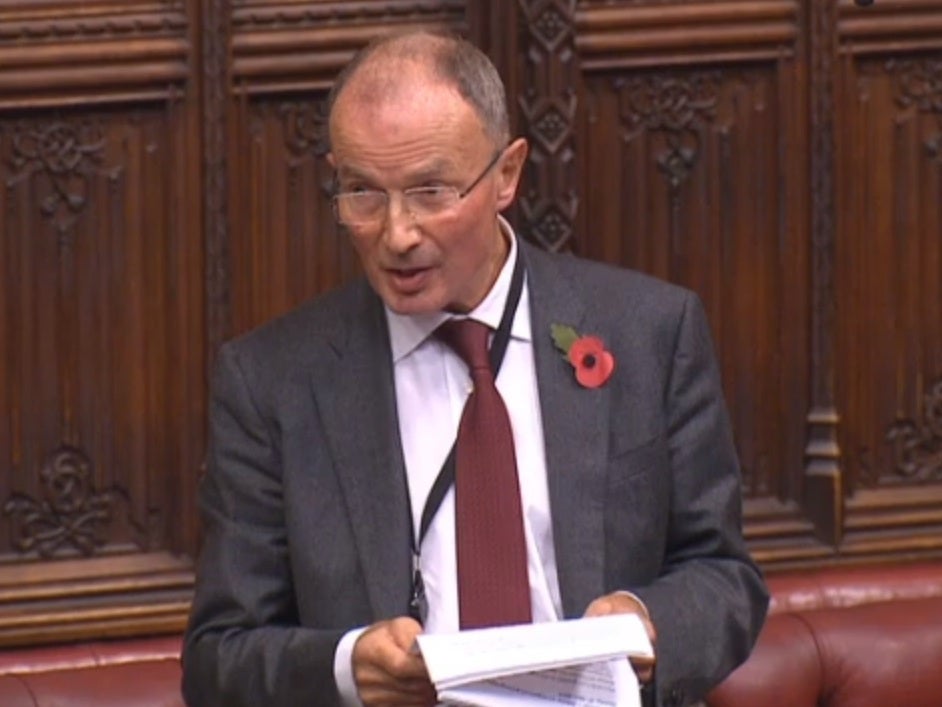Tory peer questions use of pornography by 'consenting adults'
The peer made the comments during a debate about pornography in the House of Lords

A Conservative member of the House of Lords has criticised the idea that "consenting adults"' use of of pornography should be out of bounds for criticism by legislators.
Lord Farmer said a supposed increase in the watching of pornography was having negative effects on relationships, "decency", and in some cases, health.
“Unless there is some basic honesty in this area we are in danger of sleepwalking our way through deeply concerning changes to the norms of decency and acceptability in our society, and neglecting the young on a massive scale,” he said.
“Others may consider that the viewing habits of consenting adults are beyond the bounds of public comment but I believe this approach is ostrich-like and naïve in the extreme.”
The peer, a hedge fund manager enobled in 2014 by David Cameron, made the comments during a debate on the impact of pornography called by the Bishop of Chester, who sits in the unelected legislature by virtue of his position within the Church of England.
The 70-year-old said he had been alerted to reports of sexual injuries caused by young people having anal sex - which he said were likely “inspired by men’s access to pornography” - and asked a health minister to check with the Department for Health on the prevalence of such injuries being sustained.
“I have read about one family doctor working in a leafy suburb in the Home Counties – not in a concrete jungle in the inner city – treating greater numbers of teenage girls suffering from after effects of frequent anal sex, like incontinence,” he said.
He warned that young women often did not enjoy such activities, that they could be painful, but that exposure to pornography was leading young men to “expect anal sex”.
Another peer, however, cautioned his fellow Lords against using flimsy evidence when examining the subject of viewing pornography.
Lord Giddens, a prominent social scientist and Labour member, responded to a separate contribution by a peer in which it was asserted that excessive use of pornography use was associated with shrinking portions of the brain.
“Speaking as a social scientist and looking at some of the assertions that are commonly made, I was just shocked at how thin the evidence base actually is,” Lord Giddens said.
“When you go into the research studies and look at them in detail even across the world … how superficial the materials are to support them.”
He continued that peers “cannot draw things out of the air,” and need to be aware they were “living what is greatest period of technological change ever”.
“We cannot understand pornography today or discuss how it should be regulated without realising sexuality is being transformed at the same dramatic rate as is happening in business.”
He added: “What in-depth evidence we have – and there isn’t much because and it is moving so fast – points to a lot of complexity.”
Join our commenting forum
Join thought-provoking conversations, follow other Independent readers and see their replies
0Comments